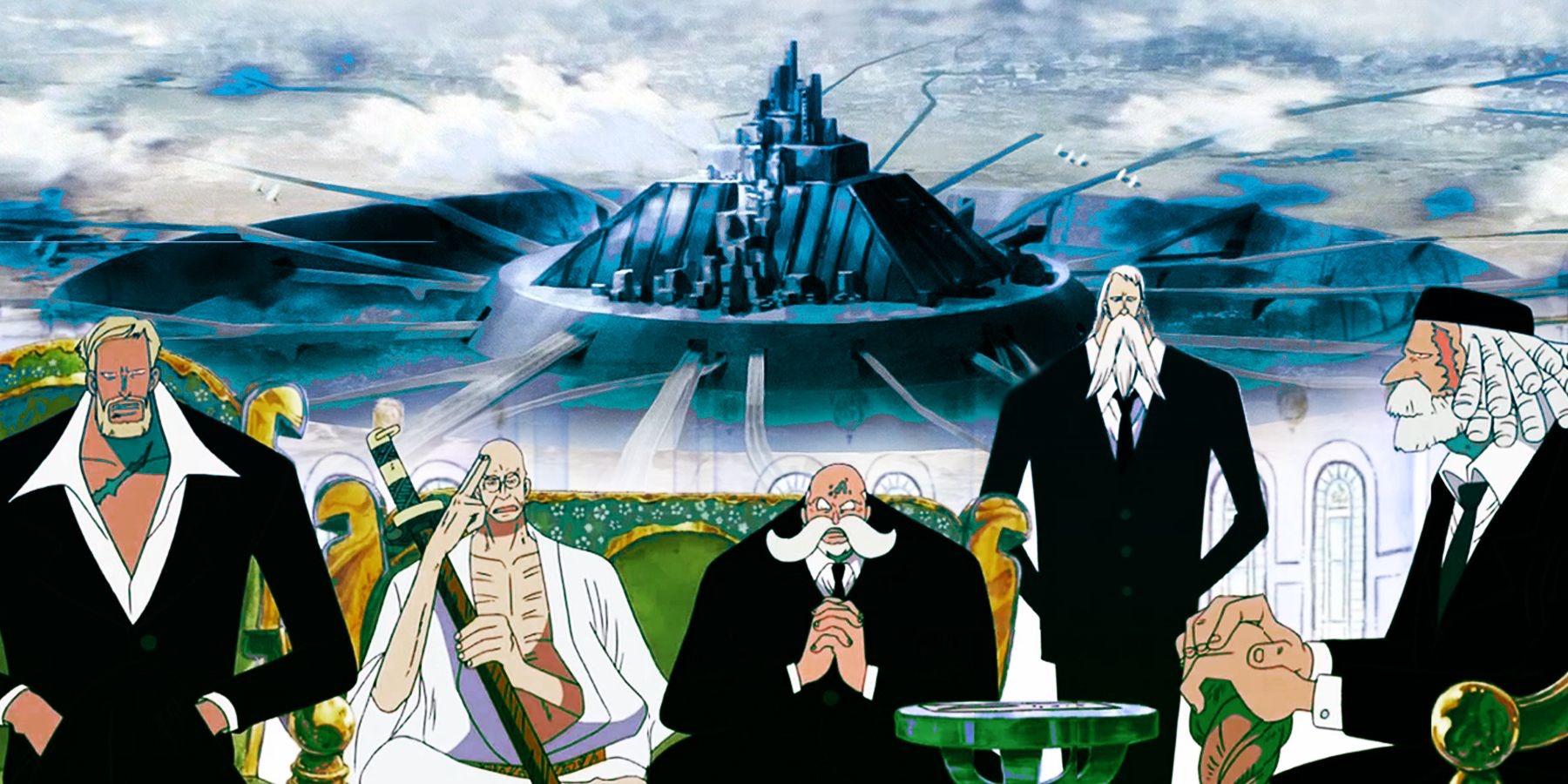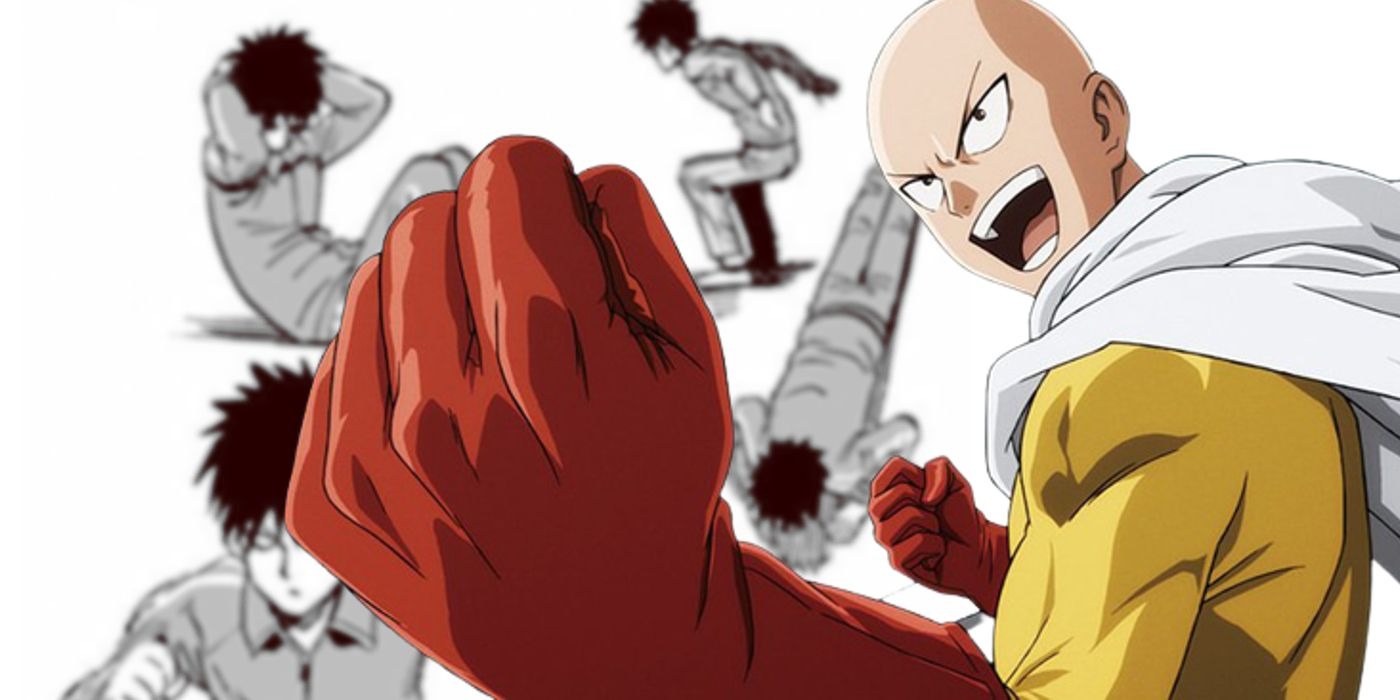Saitama is known for his unmatched strength, but what if he found himself in a position of political authority instead of fighting monsters? Given his personality, leadership under him would likely take an unusual turn. He is not interested in fame, wealth, or recognition, which are things many politicians actively seek.
His laid-back attitude and simple way of thinking could make governance unpredictable, especially in a system filled with bureaucracy. The same way he handles hero work with minimal effort might be reflected in his approach to decision-making.

Without any personal ambition, his choices would probably be based on what is least stressful rather than what is most beneficial in the long run. This raises the question of whether he would be a great leader or someone who leaves governance in chaos.
Saitama’s Lack of Interest in Power
One of the biggest challenges of Saitama being in a political position is that he simply would not care. He has shown time and time again that he does not take things seriously unless they directly affect his comfort.
If put in a leadership role, he might ignore unnecessary formalities, choosing to do things in the most straightforward way possible. While this might seem like a refreshing approach, it could also create problems, as politics often requires careful planning, diplomacy, and strategic thinking.
Unlike most leaders who have strong motivations for governing, Saitama has no real goals. If given the responsibility to run a country or lead a political system, he might leave all the work to others while doing only what he finds interesting.
His lack of attachment to power means he would not be corrupt, but at the same time, he might not be very effective. His approach would be based on convenience rather than a desire to bring change.
The Effect on Political Systems
Political systems rely on structure, hierarchy, and long-term planning. If Saitama were to take control of a government, many traditional systems might collapse simply because he does not care for unnecessary protocols.
He would probably cut through political red tape with little patience for delays. While this could lead to faster decision-making, it could also cause instability, as proper governance requires balance and diplomacy. His approach to solving issues would likely be too direct for traditional politics.
Instead of engaging in lengthy negotiations, he might just make decisions based on whatever seems easiest at the moment. If faced with opposition, he would not bother with debates or political maneuvering. Instead, he might ignore critics entirely or dismiss them without concern.
This kind of leadership could either lead to a more efficient system or complete disorder, depending on how much power he is given.
How He Would Handle Corruption
Corruption is one of the biggest issues in politics, but Saitama would not tolerate it. Unlike traditional politicians who might be tempted by money or power, he has no interest in either. If corrupt officials tried to manipulate the system for their benefit, Saitama might not hesitate to remove them without hesitation.
His straightforward way of thinking means he would not entertain excuses or political games. However, his lack of interest in leadership might also mean that he does not actively seek out corruption. If someone else is handling administrative duties, he may not even bother checking if things are being done properly.
His involvement in anti-corruption efforts would depend entirely on whether the problem annoys him or not. This means that while he might remove corrupt individuals if he notices them, he may not actively put systems in place to prevent corruption from happening.
Public Perception of His Leadership
Saitama’s leadership style would likely confuse both supporters and critics. On one hand, some people might admire his honesty and refusal to engage in political games. His direct approach to solving problems and lack of interest in power would make him stand out from typical leaders.
Many would see him as a refreshing change, someone who cannot be bribed or manipulated. On the other hand, his lack of enthusiasm and hands-off approach could frustrate those who expect active governance. Since he does not take himself seriously, it is unlikely that he would make passionate speeches, engage in debates, or try to win public approval.
If people criticized his leadership, he would probably ignore them unless they became too loud to avoid. His disinterest in politics might make people feel that he does not care about governance, leading to mixed opinions about his effectiveness as a leader.
Handling Crises and Emergencies
A major test for any leader is how they handle crises, whether economic, social, or security-related. Saitama’s response to crises would be very different from what is expected of a political leader. If a country were under threat, he would likely eliminate the problem with minimal effort if it involved physical strength.
However, if the crisis required negotiation, policy changes, or economic planning, he might not engage with it at all. For disasters that require physical intervention, he would be the best possible leader, as no enemy or force could overpower him.
If the issue required complex decision-making, however, he would likely avoid getting involved. His indifference to political matters means that he would only act if the problem directly affected him.
Would Saitama Make a Good Leader?
The biggest question is whether Saitama’s leadership would be beneficial or disastrous. His honesty, lack of interest in wealth, and direct approach to problems could bring much-needed change to a corrupt system.
However, his laziness and disinterest in politics could also make him ineffective in handling long-term governance. His decisions would likely be based on what seems easiest rather than what is best for the people.

If given absolute power, he might create a government where only essential matters are handled, while everything else is ignored. He would eliminate problems that require physical action but would struggle with anything that needs patience and strategy.
His leadership would be unpredictable, sometimes making quick, decisive choices and other times doing absolutely nothing.
The Most Likely Outcome
If Saitama were ever placed in a position of political power, he would likely delegate most responsibilities to others while only handling issues that directly affect him. Corrupt officials would have no chance under his rule, as he would eliminate them without hesitation.
However, since he does not care for leadership, he might allow those around him to make decisions, as long as they do not disturb his peace. While his leadership would bring major changes, it is unlikely that he would maintain an active role in governance for long.
Eventually, he would grow bored and leave everything in the hands of others. The system might either collapse due to lack of structure or continue running based on the foundations he set before stepping away.
His time in power would certainly be memorable, though whether it would be good or bad depends on the perspective of those living under his rule.


